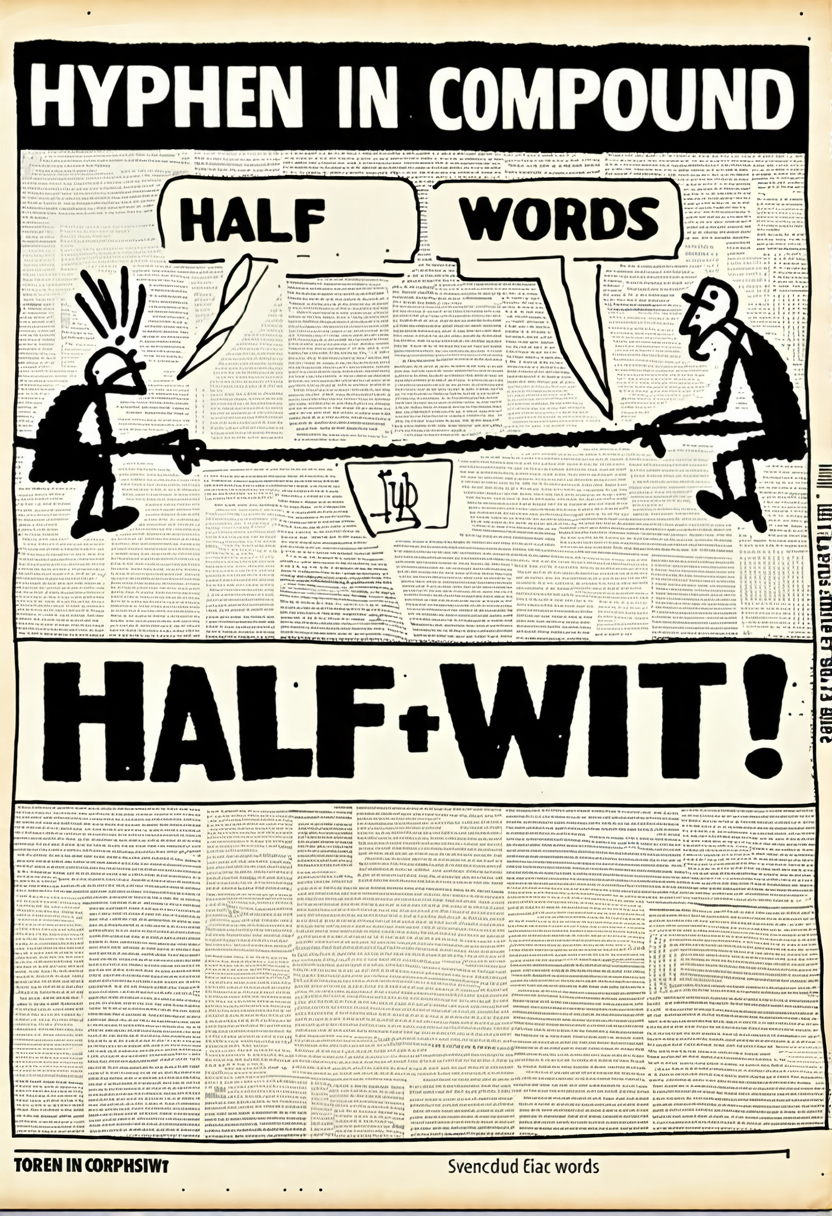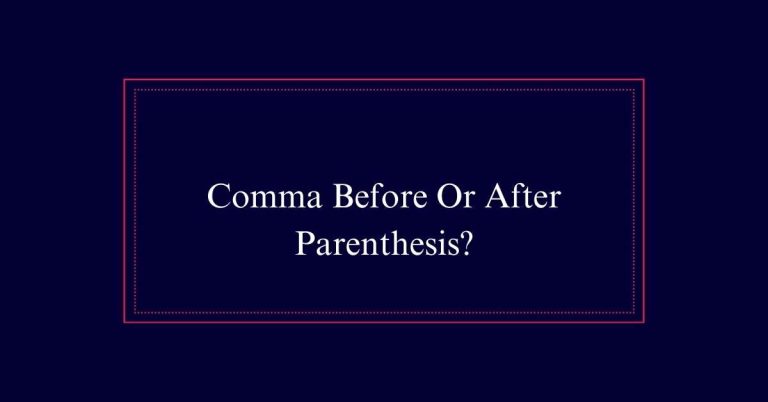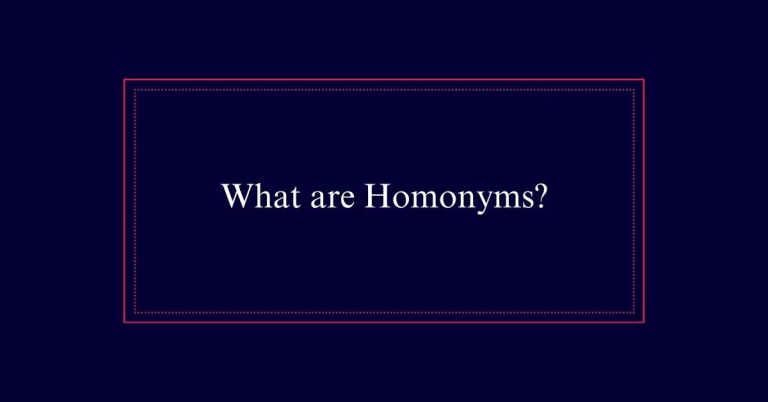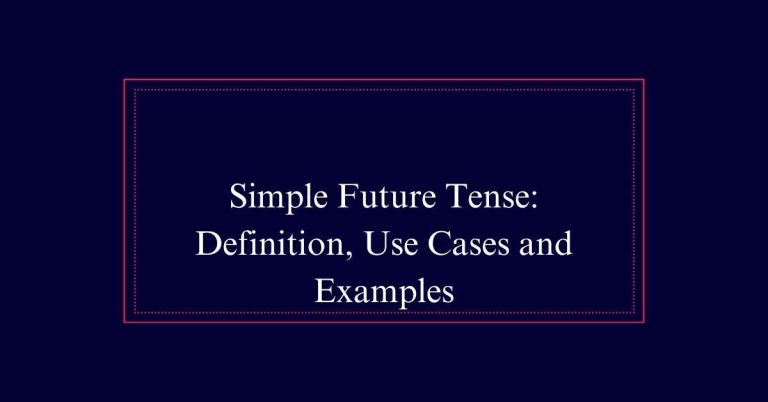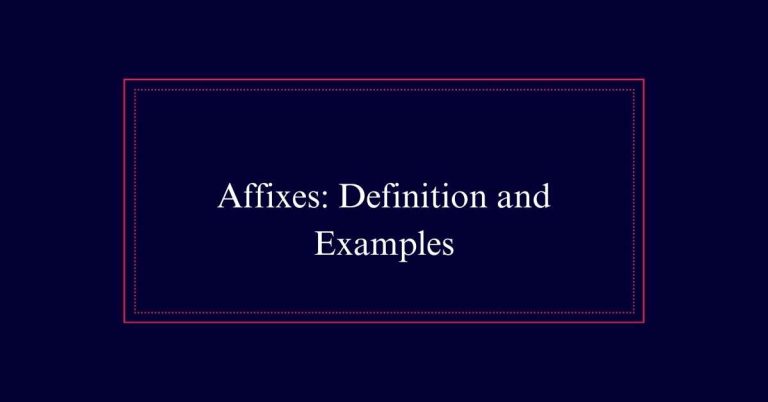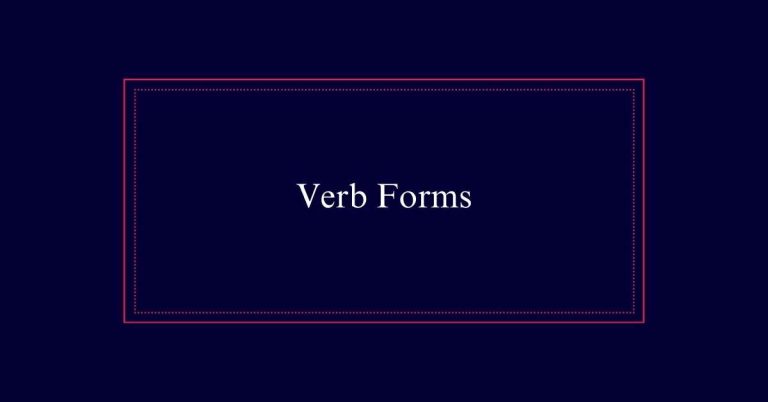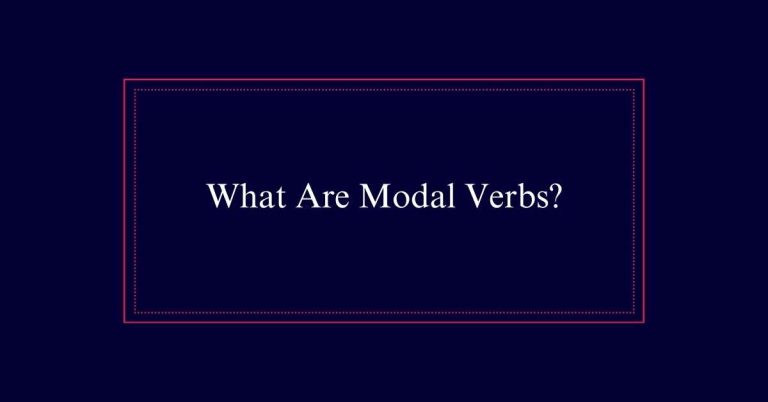Hyphen in Compound Words
Hyphens play a critical role in clarifying compound words, especially as modifiers before nouns. They guarantee precise communication, preventing misinterpretation and enhancing readability. For example, ‘well-known author’ uses a hyphen to indicate that ‘well’ modifies ‘known,’ which collectively modifies ‘author.’ Similarly, with comparatives and superlatives, hyphens clarify terms like ‘higher-quality service.’ Proper hyphenation is also essential with ‘high’ and ‘low’ compounds, such as ‘high-risk investment.’
Compound Modifiers Before Nouns
Compound modifiers, when placed before nouns, must be hyphenated for clarity and precision. This rule guarantees that the reader understands the combined meaning of the words.
For example, ‘high-impact advertisement’ clearly conveys that the advertisement has a significant impact. Similarly, ‘well-made handbag’ indicates that the handbag is constructed with quality. Without hyphens, the meaning could be ambiguous or unclear.
Hyphens are also essential in compounds with comparatives or superlatives, such as ‘higher-income families.’ Proper use of hyphens enhances readability and prevents misinterpretation.
Examples of Compound Modifiers
Understanding the correct use of hyphens in compound modifiers can be further clarified through specific examples.
Compound modifiers, when placed before nouns, require hyphens for clarity. For instance, a ‘well-known artist’ is different from an artist who is merely ‘well known.’
Another example is a ‘high-quality product’ versus a product that is ‘high quality.’ Additionally, comparative and superlative modifiers need hyphens. Consider ‘higher-income families’ as opposed to ‘higher income families.’
Without hyphens, the meaning can become unclear. Similarly, a ‘full-time job’ and a ‘part-time worker’ require hyphens to convey the intended meaning accurately.
Hyphens With High and Low
Hyphens are essential when using ‘high’ and ‘low’ as compound adjectives before nouns. They clarify meaning and guarantee readability. For example, phrases like ‘high-quality service’ and ‘low-cost solution’ need hyphens to avoid confusion. Without hyphens, the reader might misinterpret these terms.
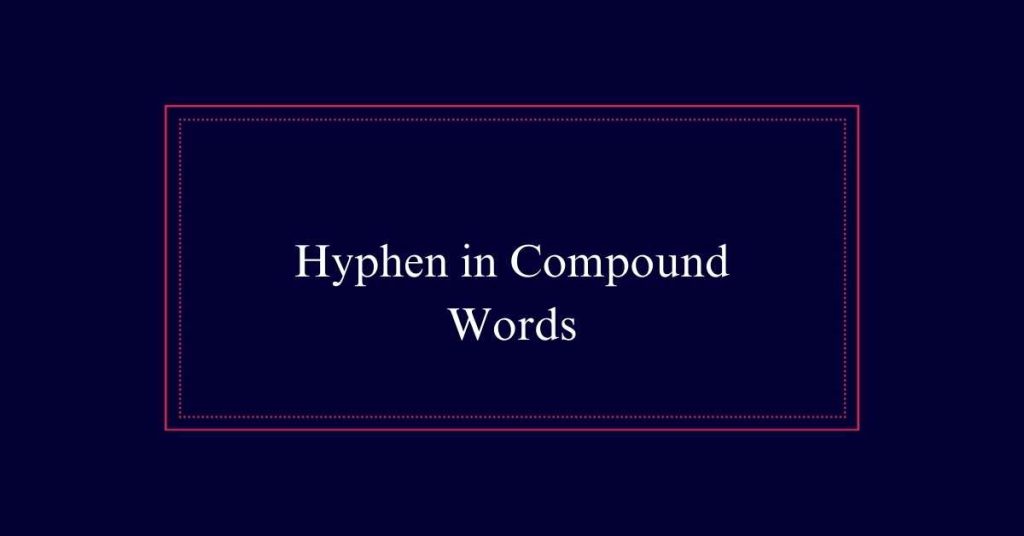
This is especially important in professional and academic writing. Consistency in using hyphens with ‘high’ and ‘low’ compounds also helps maintain a polished style. Remember, these hyphens are only necessary when the compound adjective appears before the noun. When the descriptive phrase comes after the noun, the hyphen is not needed.
High and Low Compound Examples
Examples of high and low compound adjectives frequently appear in professional writing. These adjectives help convey specific details about the subject. For instance, high-level discussions often involve strategic planning. Low-income families face financial challenges that affect daily life. High-stress jobs require effective coping mechanisms to manage pressure.
Using these compound adjectives correctly can evoke emotion and clarity in your writing:
- High-stakes decisions: These have a crucial impact on outcomes.
- Low-risk investments: These provide security and peace of mind.
- High-quality service: This builds trust and customer satisfaction.
Comparative and Superlative Compounds
Comparative and superlative compounds, when used before nouns, require hyphens for clarity and proper grammar. These compounds help convey precise meanings.
For example, ‘higher-income families’ and ‘lower-cost alternatives’ use hyphens to connect their descriptive elements. This guarantees that readers understand these phrases as single units of meaning. Without hyphens, the meaning could be unclear or ambiguous.
Additionally, compounds like ‘better-known brands’ and ‘best-performing teams’ show the importance of hyphenation in maintaining readability. Always hyphenate comparative and superlative compounds preceding nouns to avoid confusion.
Hyphen Usage With Adjectives
Building on the importance of hyphenation in comparative and superlative compounds, it is equally essential to understand hyphen usage with adjectives to guarantee clarity. When adjectives are combined to modify a noun, hyphens help make sure the meaning is clear.
For instance, ‘high-quality products’ versus ‘high quality products.’ The former clearly denotes the product’s quality, while the latter is ambiguous.
Consider these examples:
- Better-defined goals can lead to success.
- Low-risk investments are often more appealing.
- Well-known brands inspire trust.
Common Comparative Modifiers
Many common comparative modifiers, such as ‘better’ and ‘higher’, necessitate hyphens when used before nouns.
For example, terms like ‘better-quality products’ and ‘higher-income families’ exemplify the proper use of hyphens. These modifiers enhance clarity and prevent misinterpretation.
Other examples include ‘lesser-known facts’ and ‘well-known brands,’ where the hyphen connects the modifying words, guaranteeing the reader understands them as a single concept.
Omission of Hyphens Post-Noun
While hyphens are important for clarity before nouns, they are often unnecessary after nouns. When compound modifiers follow the nouns they describe, the hyphens can typically be omitted. This guarantees the sentence remains clean and easy to read. For example, ‘The strategy was well planned’ does not require a hyphen between ‘well’ and ‘planned.’
Consider the following benefits of omitting hyphens after nouns:
- Improved readability: Sentences flow better without unnecessary punctuation.
- Enhanced clarity: Simplifies understanding and reduces confusion.
- Professional appearance: Clean, concise writing reflects well on the author.
Importance of Hyphens
Why are hyphens essential in compound words for achieving clarity and precision?
Hyphens play an important role in connecting words to form compound modifiers, which describe nouns more accurately. For instance, ‘high-impact advertisement’ clearly conveys that the advertisement has a significant impact. Without the hyphen, the meaning can become ambiguous.
Hyphens also help in avoiding confusion, such as distinguishing between ‘small business owner’ (a business owner who is small) and ‘small-business owner’ (an owner of a small business).
Enhancing Readability With Hyphens
Hyphens greatly enhance readability by clearly connecting compound words and modifiers. This simple mark unites words to form a single idea, reducing ambiguity. For example, a ‘well-known author’ is much clearer than ‘well known author.’ Proper hyphenation helps readers understand the intended meaning without confusion.
- Miscommunication: Without hyphens, sentences can become unclear, leading to misunderstandings.
- Professionalism: Correct hyphen use elevates the quality of writing, reflecting attention to detail.
- Efficiency: Hyphens make text easier to read and comprehend quickly, saving time.
